Grants are an important part of every nonprofit fundraising strategy, and unrestricted grants could radically alter your strategy for the better.
Both restricted and unrestricted grants are typically given by public and private sources, such as foundations, corporations, and government agencies. And depending on the type of grant, they can provide some much-needed funds to help improve your infrastructure, create or grow projects, or cover general operating costs.
Even though every grant is a blessing to a nonprofit, not all grants are created equal. In the nonprofit world, there are mixed feelings about restricted grants and the limitations they can place on an organization.
Here, we’ll discuss restricted and unrestricted funds, as well as the importance of giving nonprofits the autonomy to manage grants as they see fit. We’ll even give you a heads-up on some organizations answering the call for donations without donor restrictions.
Two Approaches to Grant Funding Explained
Grants are usually awarded as one of two types: restricted or unrestricted.
Restricted Funds
Grants that can only be used for a specific purpose have restricted funds. These donations have strings attached that allow the donor to determine how and when a nonprofit can spend funds related to the grant. Failure to abide by the rules of the donation could result in legal action as well as the nonprofit having to return the donation.
Unrestricted Funds
Grants that allow you to spend the donation any way you choose have unrestricted funds. Also known as flexible funding, these donations come without donor restrictions and can be used for any legal purpose. In addition to covering costs of specific projects, unrestricted funds can be used for research and development as well as administrative and general operating costs.
The Disadvantages of Restricted Funds
Grants that come with restrictions can infuse a nonprofit with much-needed funds while assuring the donor that the money will be spent the way the donor sees fit.
If your nonprofit has an immediate need or specific project that is perfectly suited for a grant with restricted funds, it’s a match made in heaven. However, more often than not, funds that come with donor restrictions represent:
A lack of flexibility: Funds with donor restrictions can put nonprofits at a disadvantage. They force nonprofits to funnel funds to specific areas. Of course, these are areas that will benefit from the donation. And that, in turn, can help advance a nonprofit’s mission. But what if those funds could have had a greater impact elsewhere? This could be a missed opportunity for an organization to create positive results that have the greatest impact on the nonprofit and people in need.
Less autonomy, more accountability: Restricted funds force nonprofits to set up sophisticated and often complicated accounting systems. The primary reason a nonprofit needs to track these grants is to prove to the grantee that the nonprofit is really restricting its restricted funds. This creates the impression that nonprofits can’t be trusted to do what’s right with donations.
A power imbalance: A nonprofit’s needs don’t always line up with the expectations of a donor and their sizable grant. To compensate, a charity will often make adjustments, shifting their focus to accommodate the requirements of a foundation. The problem with this is that while donors know how they want their money spent, they may not understand the needs of the nonprofit or the community it serves.
Despite the best intentions, forcing an already hard-at-work nonprofit to cater to the demands of a foundation creates what some in the nonprofit world call a power imbalance. This can draw attention away from the very people nonprofits should be working for.
The Advantages of Unrestricted Grants
Nonprofits exist to do the most good for the communities they serve. To do this, the people best suited to address community needs should be able to direct resources as they see fit. With unrestricted funding, nonprofits have:
Flexibility: Grants that come without donor restriction give nonprofits greater ability to deploy funds wherever they’re needed. It doesn’t matter if it’s the overhead costs that are essential to advancing a nonprofit’s mission or improving programs that offer the greatest impact to the community. Flexible funding paves the way for donors to make the best decisions.
Improved trust and governance: Allocating funds should be based on informed decisions. And who better to decide where those funds are best served than the people managing the organization? Tim Sarrantonio, Director of Strategic Partnerships at Neon One, has spent over a decade helping to raise millions for nonprofits. “If we encourage unrestricted grant money,” he says, “it empowers the nonprofit to do things the way they see fit.” He goes on to suggest that giving nonprofit managers the autonomy to set objectives and metrics will result in greater accountability because the results will help justify the trust given.
Better innovation: The best nonprofits are always assessing the needs of the communities they serve. With unrestricted funds, nonprofits can quickly pivot when services and resources have to change with the needs of the community.
When restrictions apply, nonprofit leaders are distracted from being as agile and forward thinking as they need to be. Rather than holding nonprofits accountable to outdated methods, grant donors should give nonprofits the independence to explore new ideas. With unrestricted funds, the best nonprofits can turn their attention to transforming those ideas into meaningful change that helps to create the most efficient solutions for the communities they serve.
Finding Unrestricted Grants
Restricted funds can be a challenge to deal with. For years, nonprofit advocates have been suggesting that restricted funding misses the point. In an effort to create a “more equitable nonprofit sector,” organizations like the Trust-Based Philanthropy Project have been working to encourage grant makers to rethink how their donations are structured.
And there has been progress. More and more grant makers have been working towards greater flexibility and responsiveness, calling for multi-year, unrestricted funding for greater nonprofit sustainability.
To help you in your search for grants with unrestricted funding, here are eight foundations answering the call for donations without restrictions.
The Path Foundation
The Path Foundation offers unrestricted, flexible funding grants up to $75,000. In order to be considered, nonprofits must have a mission focused on:
- Access to health
- Childhood wellness
- Mental health
- Senior services
To apply for their flexible funding, you’ll need to sign up and log into their grantee portal.
The Clowes Fund
To help create a just and equitable society for all, the Clowes fund awards grants of up to $50,000. These grants are usually restricted to the following purposes:
- To support innovative projects
- To expand programs
- To build organizational capacity
Organizations that have received grants in the past are eligible to submit operating proposals to receive grants with unrestricted funding.
Life Science Cares
Leveraging the power of the life science industry, Life Science Cares seeks out nonprofits working to end poverty. Charities are chosen based on a proven track record of success in addressing the emergent needs of survival, sustainability, or education. Only nonprofits in Boston, Philadelphia, San Diego, and the Bay area are eligible for grants, which provide flexible, multi-year funding. These unrestricted grants can be used for a variety of purposes, including general operating costs and capacity building.
Skees Family Foundation
In the fight to end global poverty, the Skees Family Foundation awards grants to community organizations around the world. They don’t accept applications, but their grants come without restrictions and only minimum reporting standards.
The Patrick J. McGovern Foundation
The Patrick J. McGovern Foundation uses AI and data science to bring about positive social change. The foundation does not accept applications, but previous organizations selected for its grants have been able to use funds for general operating support.
Ford Foundation
To help fight poverty and injustice, the Ford Foundation created the BUILD Initiative to invest in up to 300 social justice organizations. Nonprofits can submit their ideas in order to receive multiyear, flexible funds.
Blue Meridian Partners
Blue Meridian Partners provides flexible funding to nonprofits committed to transforming the lives of young people and families in poverty. While they don’t accept applications, they do have a database of organizations. If you think you meet their selection criteria, fill out their survey for potential investment opportunities.
Global Fund for Children
The Global Fund for Children is a nonprofit based in Washington D.C. that believes locally-led communities are best positioned to deliver funds that help children and youth around the world. In order to bring about social change and help vulnerable children, they provide flexible, multi-year funding to 60% of the organizations they work with. The GFC prefers to fund early-stage organizations. Over two-thirds of the organizations they fund have annual budgets under $100,000. Nonprofits that share their values can submit an online organizational form to be considered for grants.
More resources
For more information on foundations that provide unrestricted or flexible funds, the Council on Foundations has a list of 796 organizations that have signed a pledge to provide grants with flexible funding during the COVID-19 pandemic. There’s no guarantee these grants will continue once the crisis ends, but each organization has pledged to consider rethinking how grants are funded moving forward.
If you’re looking for grant opportunities to apply for (both restricted and unrestricted), check out our list of grants to apply for in 2021.
.svg)


.svg)
.svg)
.svg)

.avif)



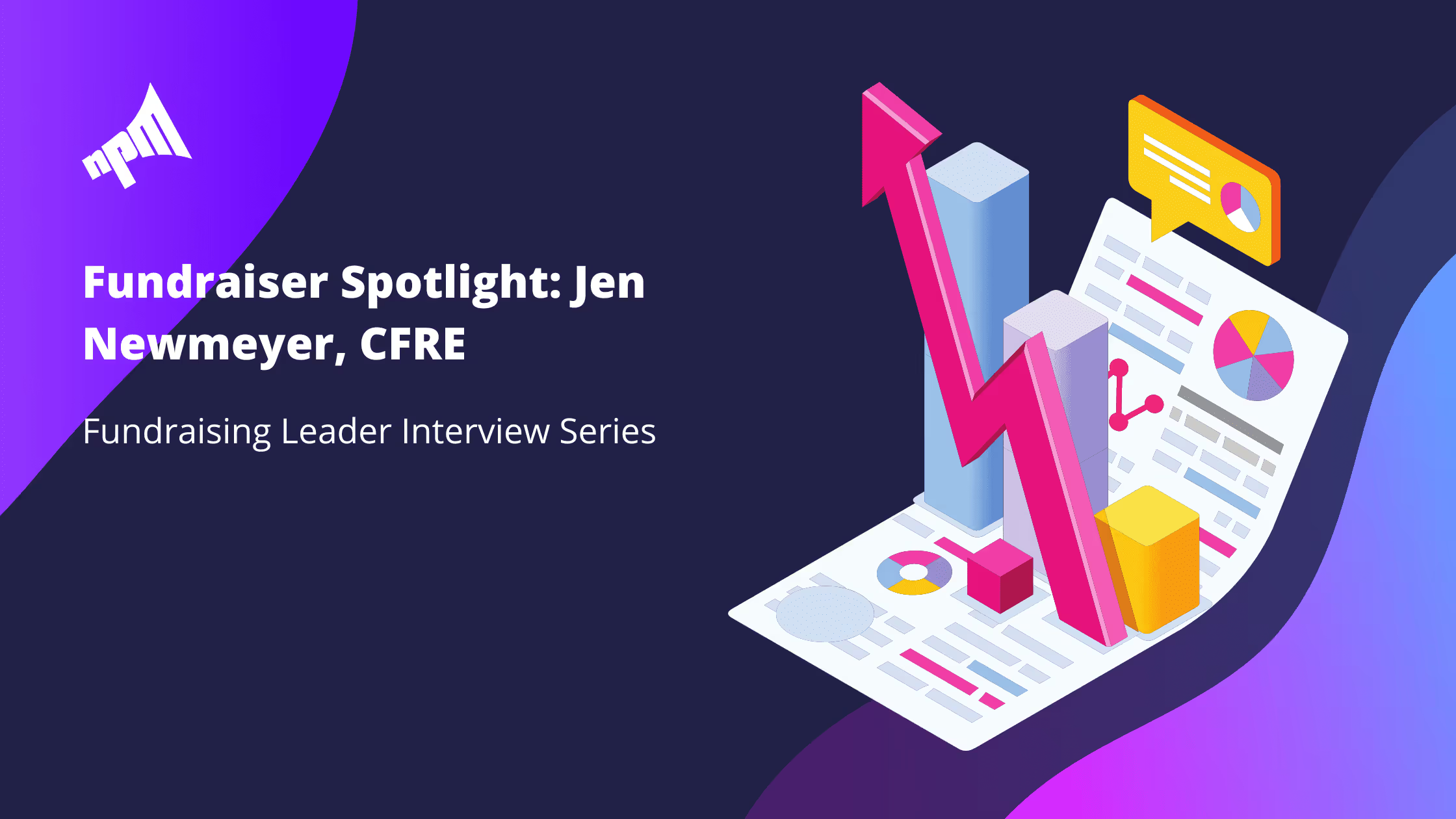



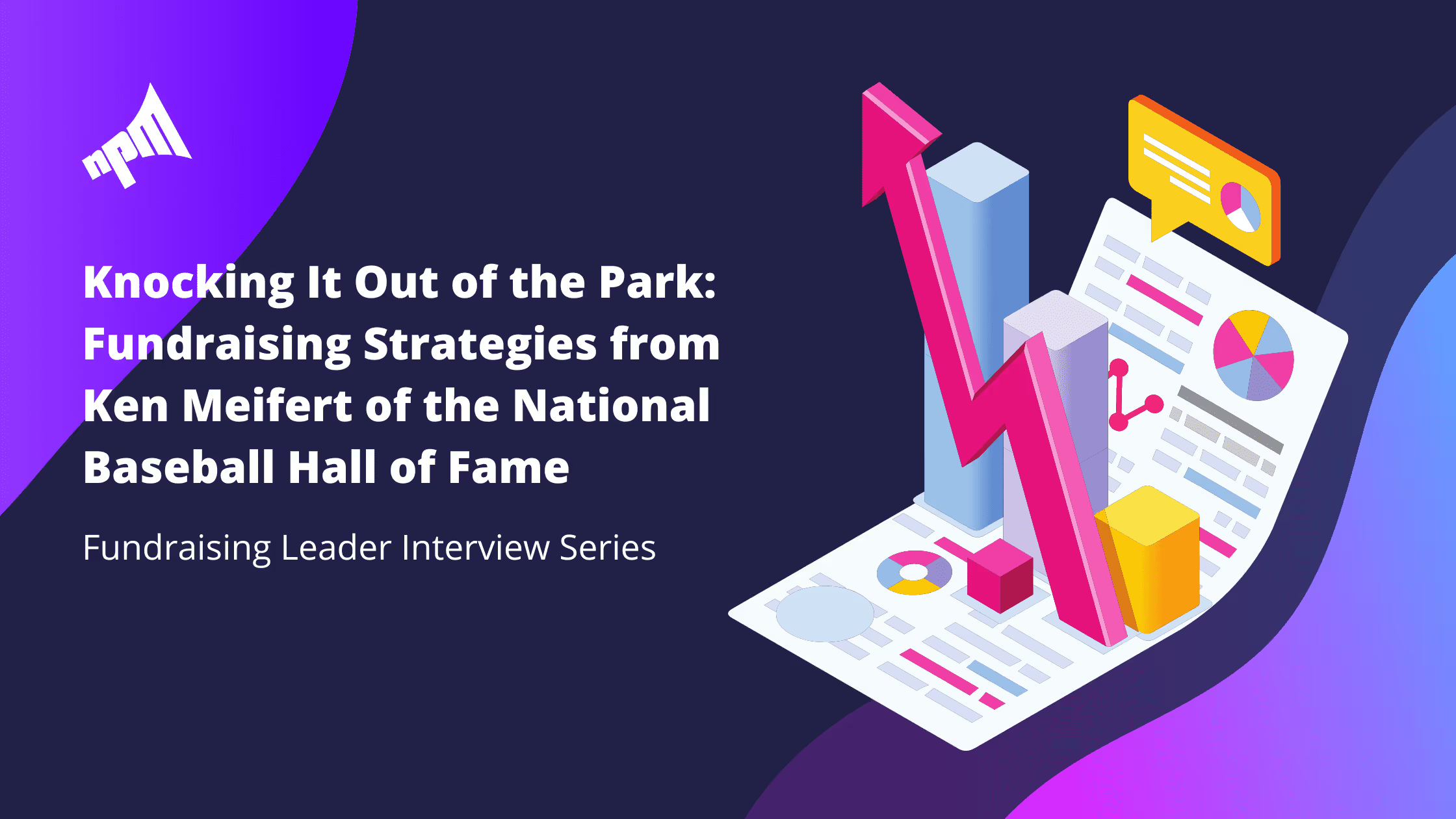


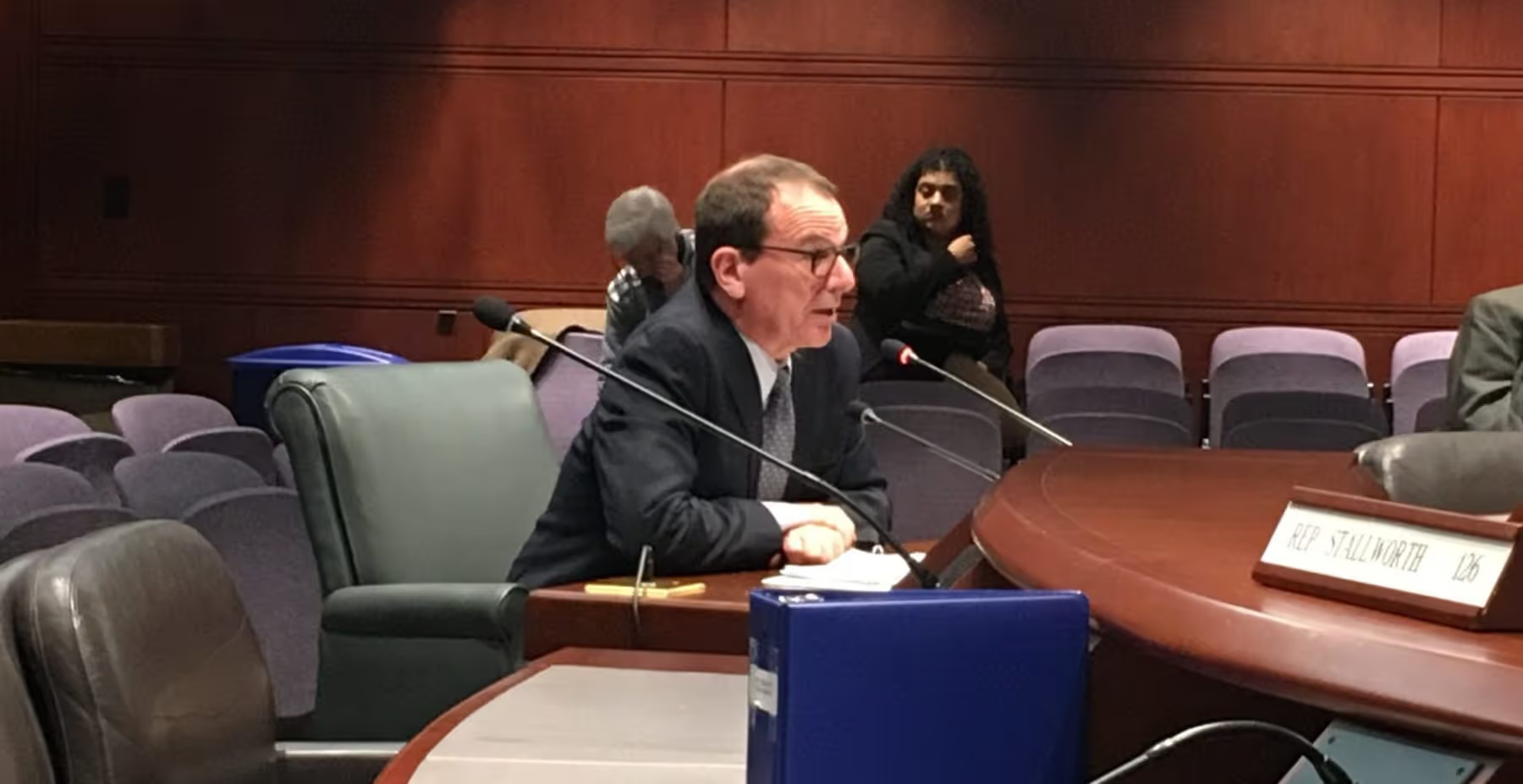














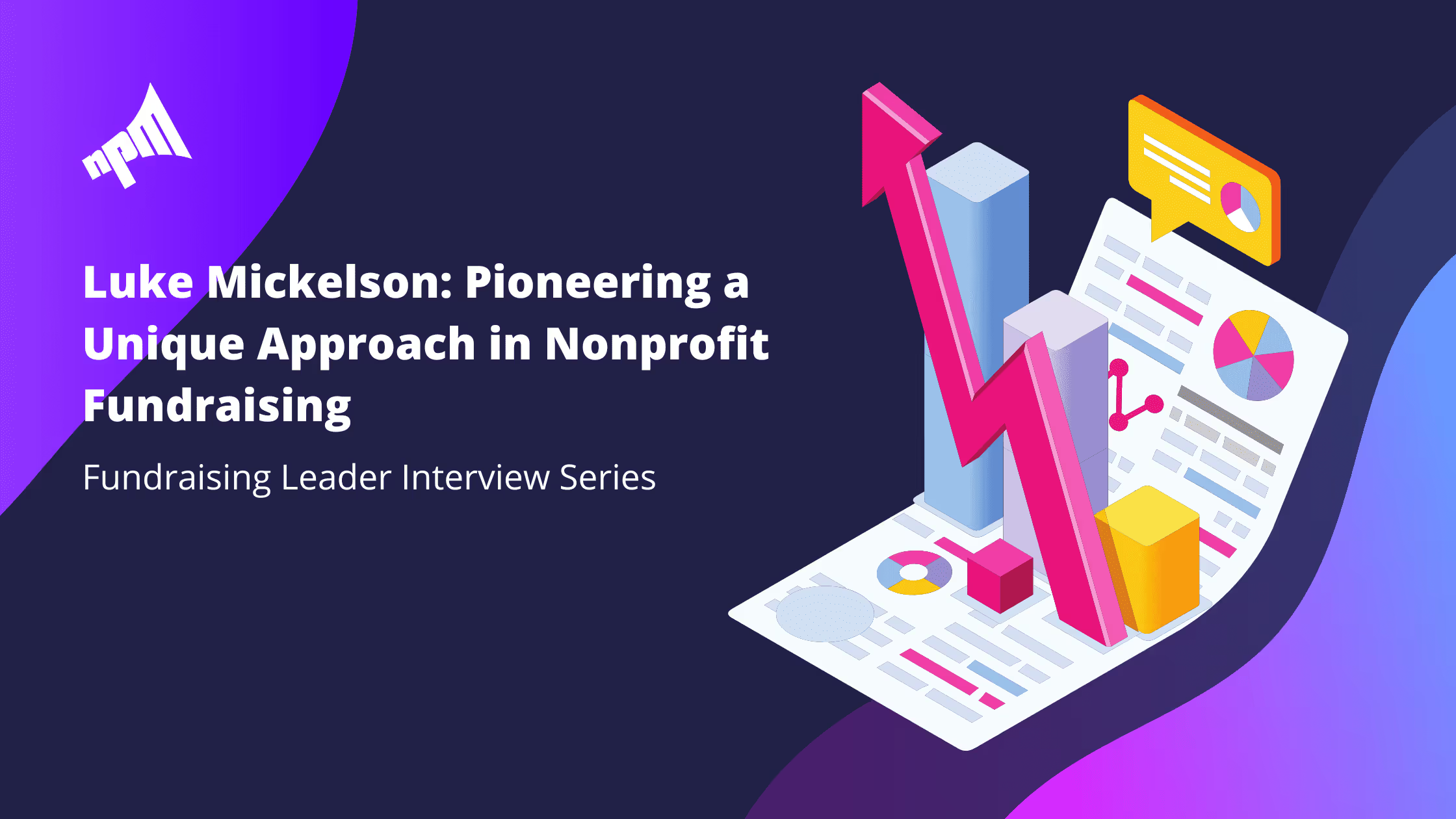




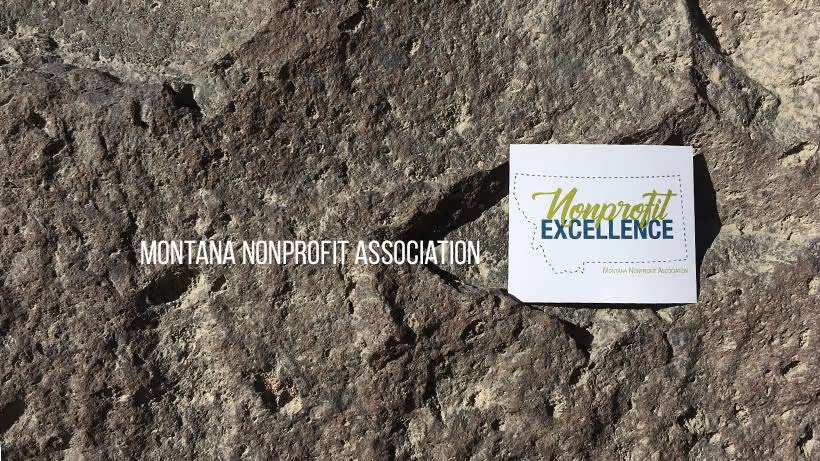





















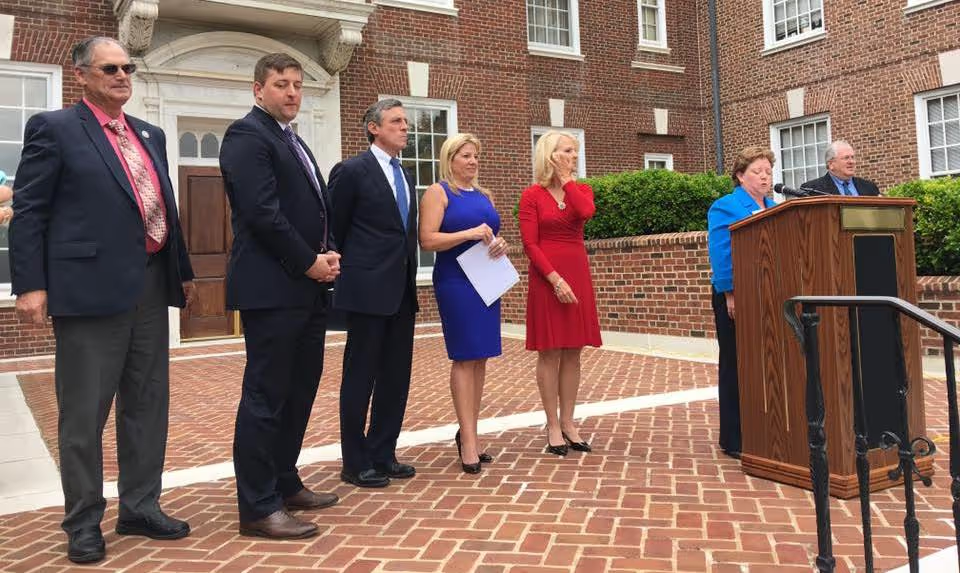






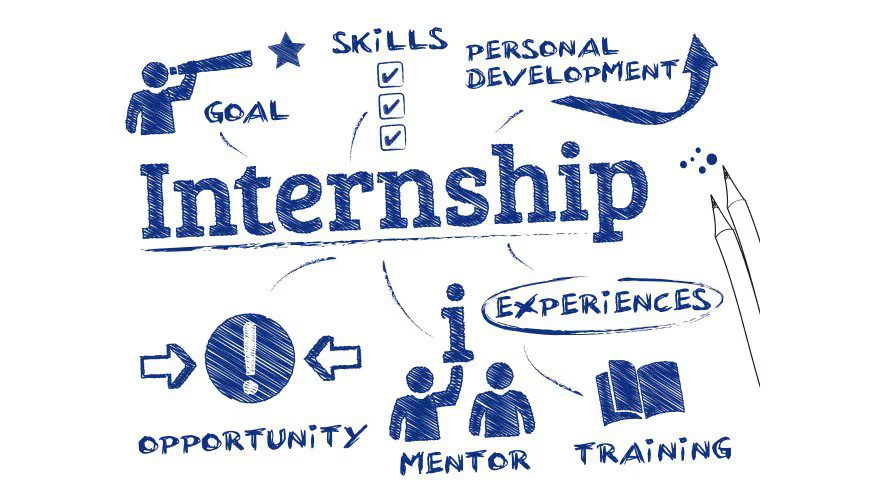
















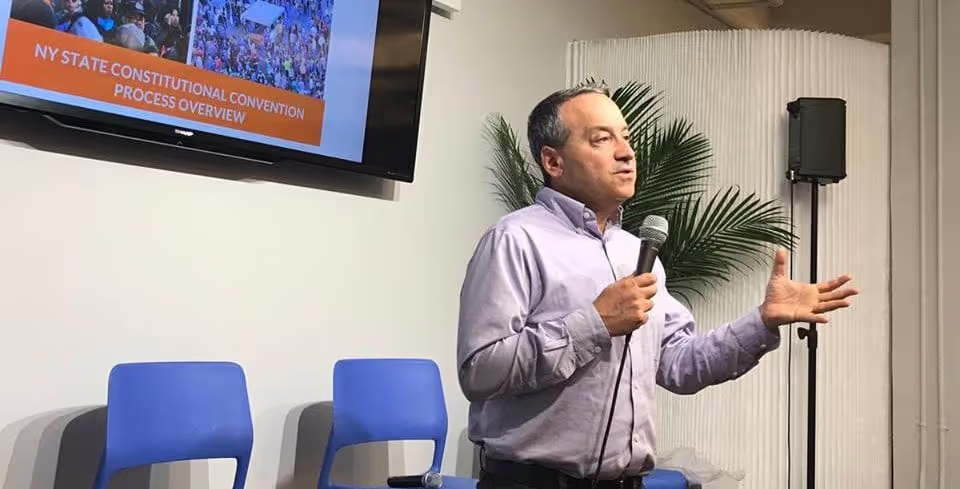
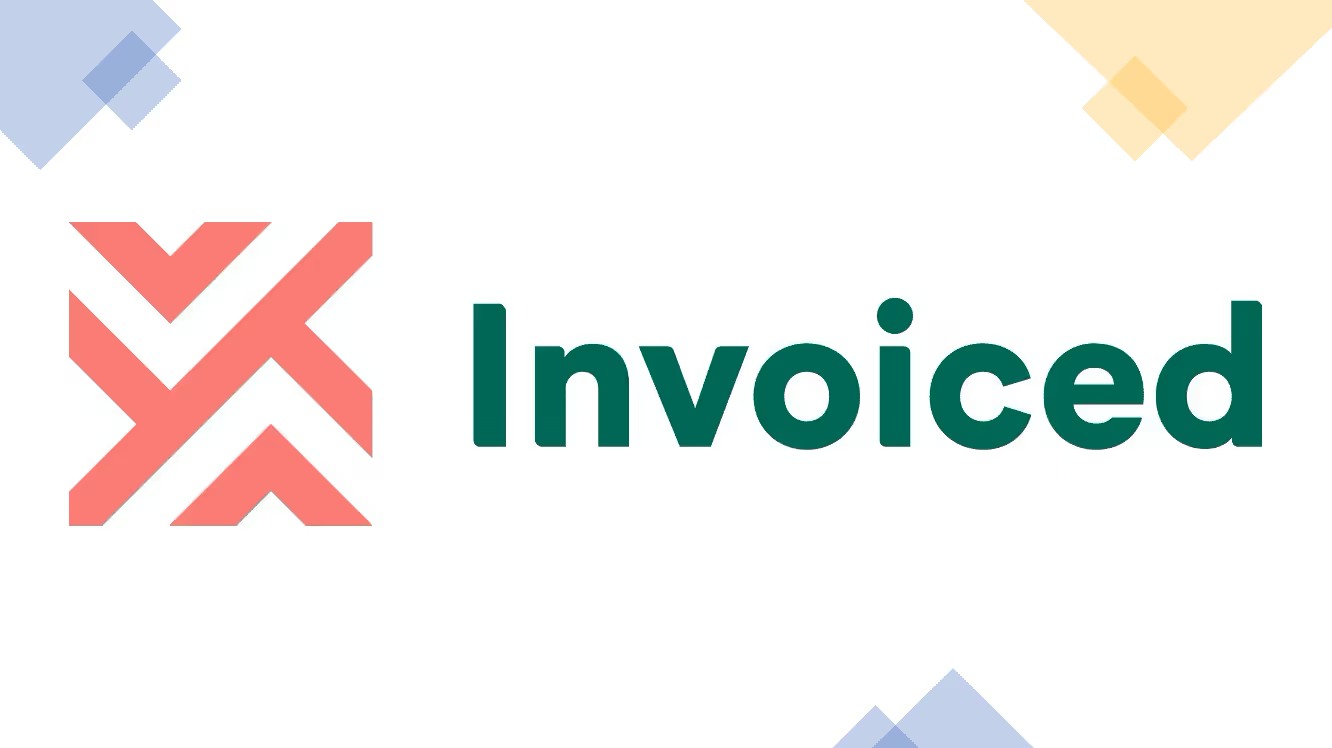




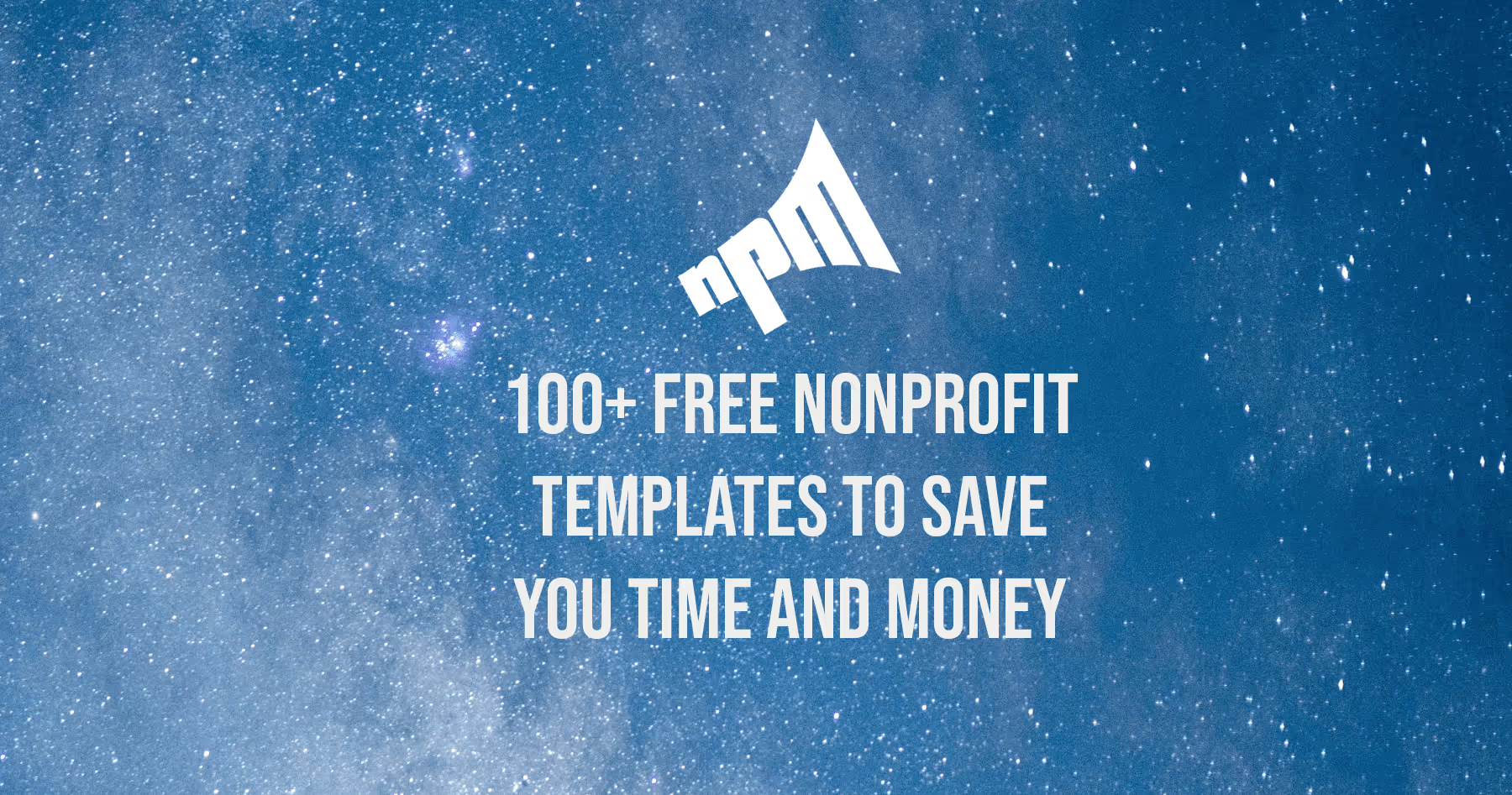


















.svg)
.svg)
.svg)
.svg)